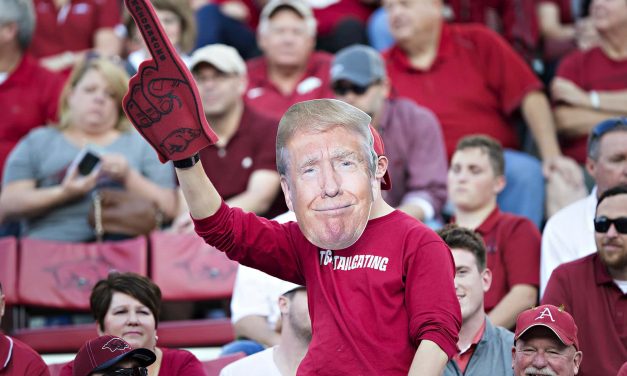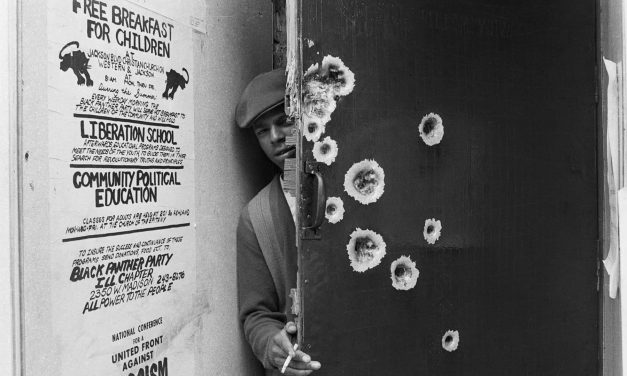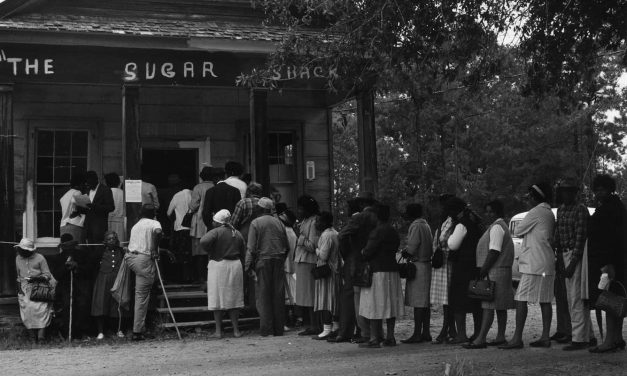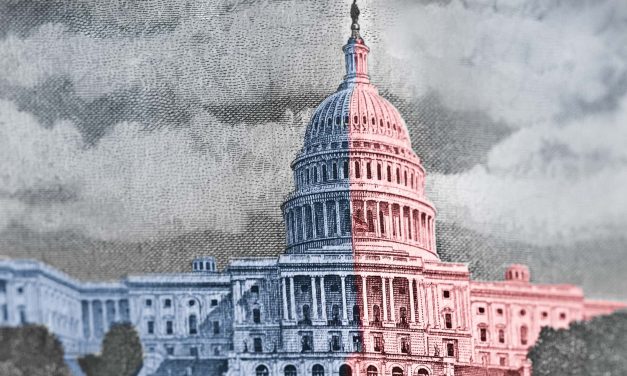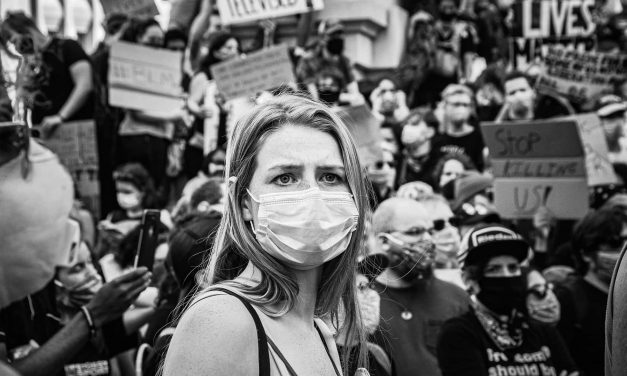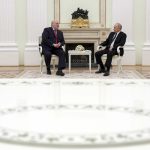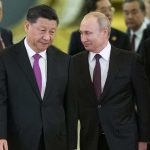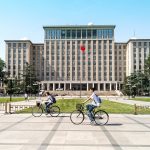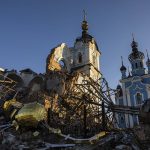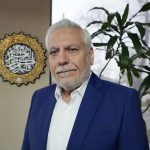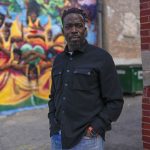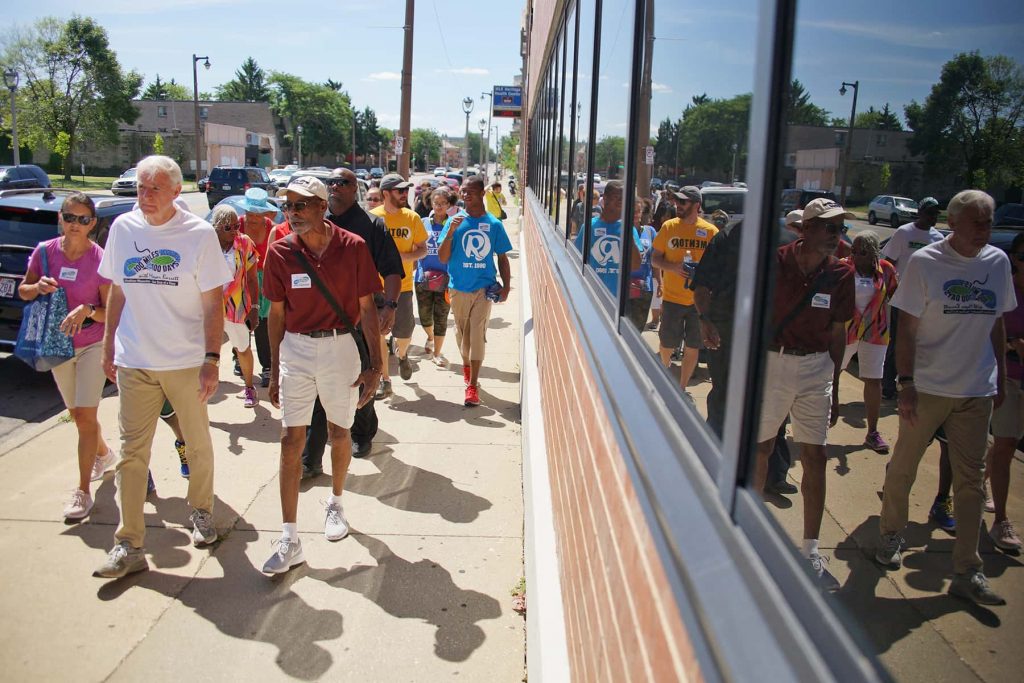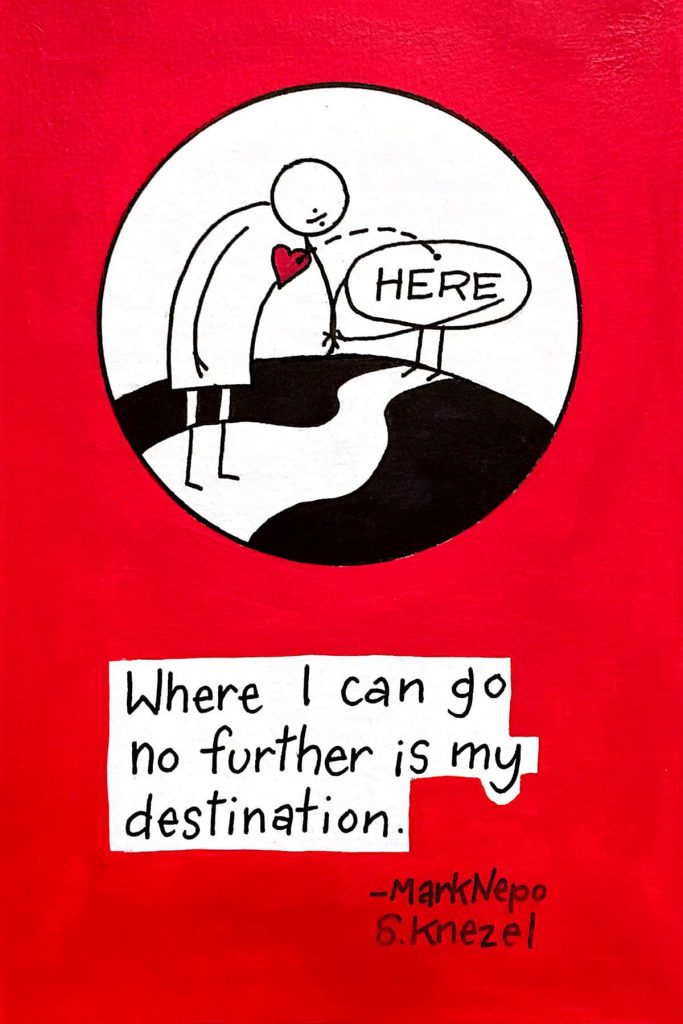A Political Game: The danger of voters acting like hard-core sports fans
By Michael Devlin, Associate Professor of Communication, Texas State University; and Natalie Brown Devlin, Assistant Professor of Advertising, University of Texas at Austin During Donald Trump’s presidency, the American electorate became more divided and partisan, with research suggesting that the ongoing division is less about policy and more about labels like “conservative” and “liberal.” Essentially, voters increasingly see themselves in one of two camps – a “red team” and “blue team,” each with a faction of hard-core members. The dangerous extent of this devotion was on display when a mob of Trump supporters stormed the U.S. Capitol, convinced that...
Read More
